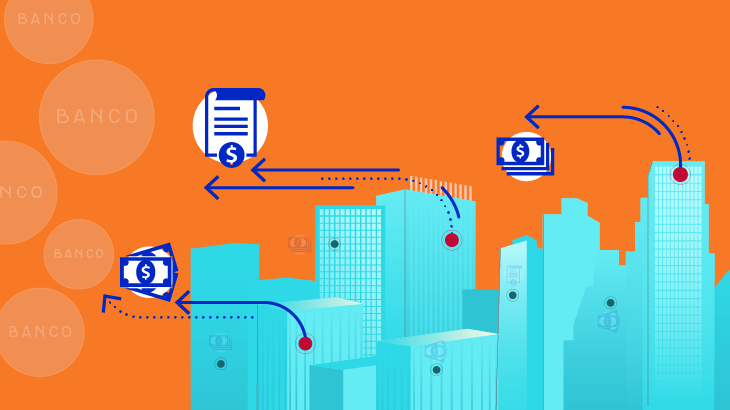
The most recent
Abstract
This paper examines the relationship between three government support measures (debt moratorium, credit guarantee programs, and payroll subsidies) and the firm’s payment behavior on loans in Colombia. To do so, we use the COVID-19 pandemic episode as a case study. Using highly granular data at the bank-firm level and a difference-in-difference approach, we find that firms subject to debt reliefs and government guarantee programs experienced a lower probability of default while these policies were in force. Subsequently, once the programs ended, the dynamic of the payment behavior of these firms was similar to that of those untreated. On the contrary, payroll subsidies did not affect firms’ payment behavior. Regarding the effect on banks’ risk assessment, our results suggest that banks modified debtors’ credit scores subject to relief programs since the participation status provided them with new information.

 Camilo Gómeza,
Camilo Gómeza,  Daniela Rodriguez-Novoaa
Daniela Rodriguez-Novoaa